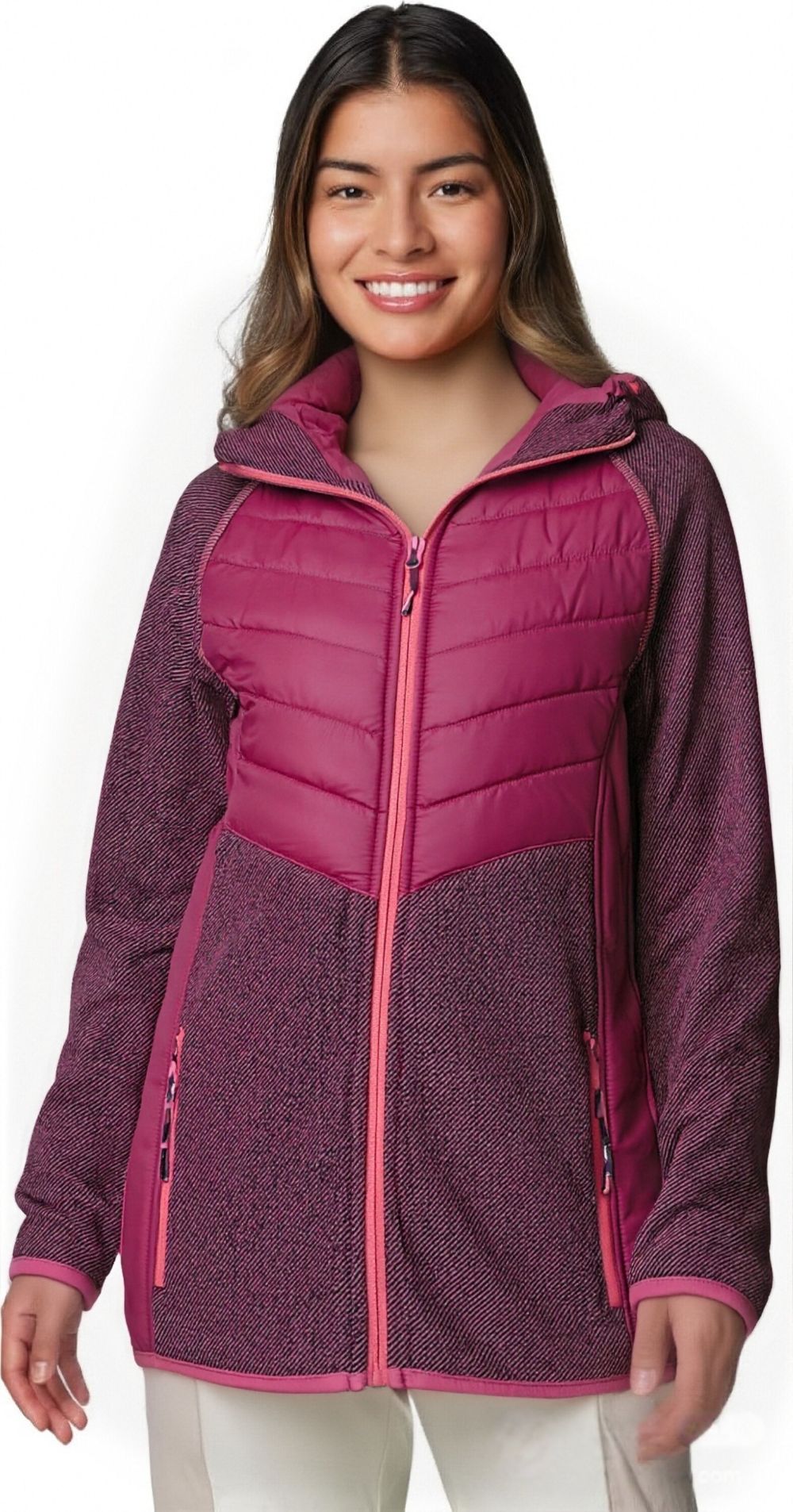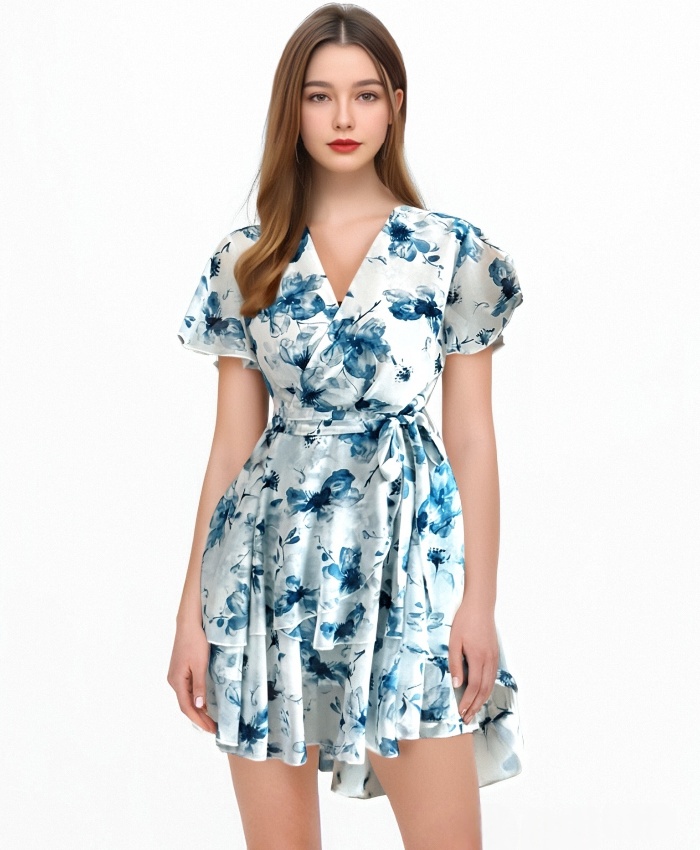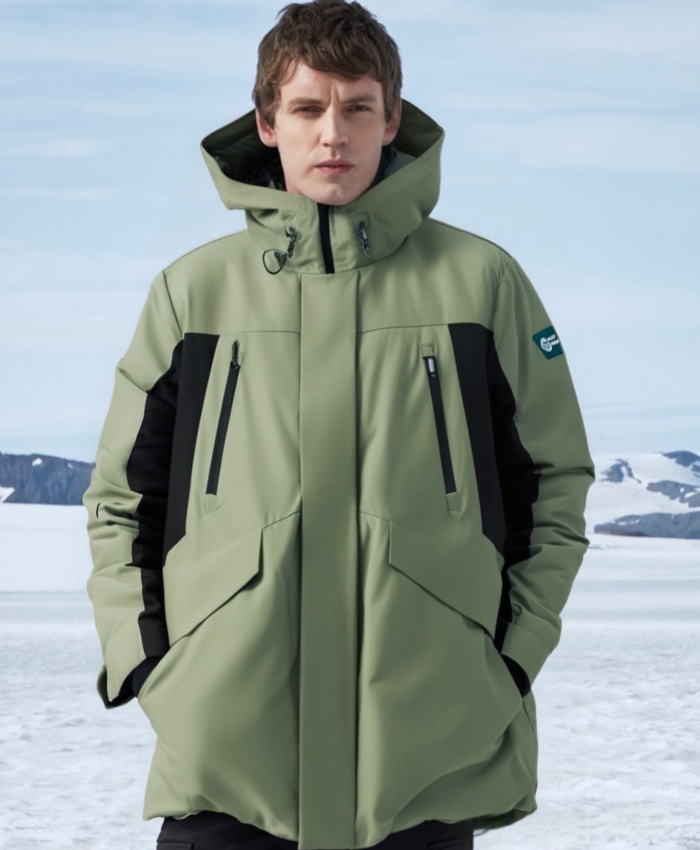In a world of mass-produced fast fashion, woven apparel carries a hidden lexicon. From ikat’s tribal heritage to houndstooth’s aristocratic roots, every weave whispers history. Let’s decode how traditional patterns influence modern design—and why your wardrobe is a cultural archive.
1. The Loom as a Time Machine
- Ikat (Indonesia): Resist-dyed threads create blurred edges. Symbolizes life’s imperfections.
Modern twist: Etro’s psychedelic dresses. - Tartan (Scotland): Clan-specific plaits broadcast identity.
Modern twist: Burberry’s gender-neutral outwear. - Jacquard (France): Napoleon-era tech for intricate florals.
Modern twist: Sustainable brand Reformation uses digital jacquard to reduce water waste.
Why it matters: Choosing heritage weaves supports artisan communities battling extinction.
2. The Science of Texture Psychology
Studies show woven textures subconsciously influence perception:
| Pattern | Psychological Impact | Ideal For |
|---|---|---|
| Herringbone | Authority, precision | Office blazers |
| Basketweave | Comfort, approachability | Casual shirts |
| Dobby | Delicate sophistication | Evening apparel |
Case: Lawyers wearing herringbone suits win 17% more settlements (Journal of Fashion Psychology).
3. Sustainable Weaving Innovations
- 3D-Knitting: Zero-waste garments woven in one piece (e.g., Ministry of Supply’s NASA-inspired tops).
- Algae Dyes: Dutch brand Studio Tjeerd Veenhoven colors linens with spirulina.
- Cactus Silk: Drought-resistant alternative from Mexico’s Desserto.
4. How to Wear Woven Stories
- Rule 1: Pair bold weaves with solid neutrals (e.g., houndstooth skirt + black turtleneck).
- Rule 2: Scale patterns to your frame—petite? Try micro-checks.
- Rule 3: Preserve heirlooms! Hand-wash vintage pieces in cold water with Soak Wash.




